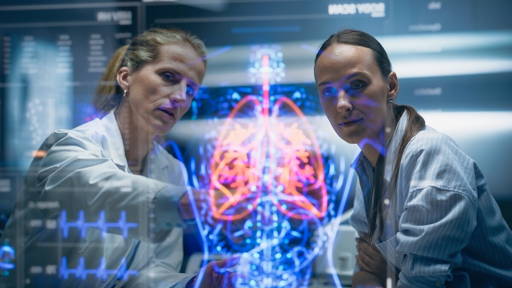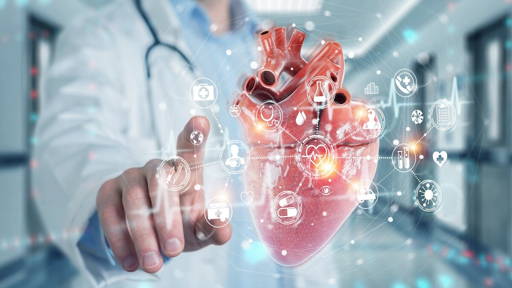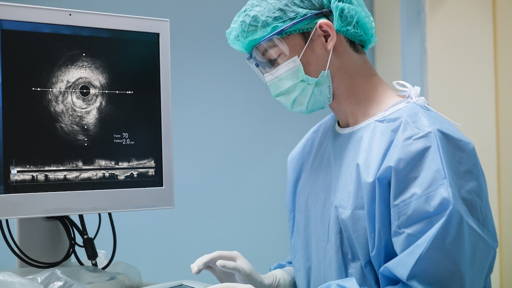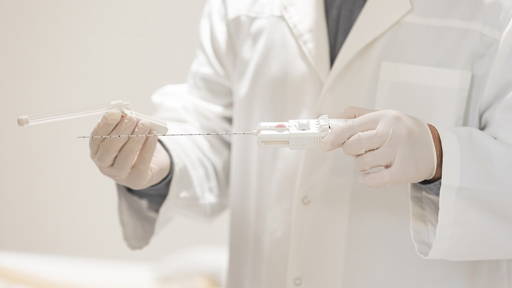Artificial intelligence is opening new doors in genetic research. At the Vrije Universiteit Brussel (VUB), researcher Konstantina Tzavella has developed advanced AI models that can better predict how genetic mutations affect the structure and function of proteins, the essential molecules that keep our cells, organs, and tissues functioning.
Tzavella’s Ph.D. research, conducted within the TumorScope project (VUB/UZ Brussel) and the VUB/ULB Interuniversity Institute of Brussels, highlights how AI can accelerate the discovery of disease-causing genetic changes and advance personalized medicine.
Protein language models
Just as ChatGPT learns to understand language by analyzing words and their relationships, protein language models (pLMs) learn the “language” of biology, the way amino acids interact within proteins. By analyzing vast datasets of protein sequences, these AI models can recognize subtle patterns that reveal how a mutation may disrupt protein behavior.
“Mutations are part of evolution, but they can also cause diseases such as cancer,” explains Tzavella. “Yet, for nearly 98% of known human mutations, we still don’t understand their impact. Protein language models give us a new way to uncover what these mutations actually do.”
Tackling complex genetic interactions
One of the most difficult challenges in genetics is understanding epistasis, how multiple mutations interact to create unexpected effects. Traditional computational tools often fall short, but Tzavella’s research shows that AI-based pLMs can model these complex dependencies more accurately.
By integrating evolutionary data into her models, she developed an advanced computational framework capable of identifying disease-driving mutations, including those that may promote tumor growth. “Our results show that pLM-based methods are not only more powerful but also more adaptable,” says Tzavella. “They require less prior biological knowledge, making them well-suited for discovering unknown genetic mechanisms.”
Bridging technology and medicine
Tzavella’s journey reflects the growing intersection of AI and biomedical science. Originally from Akrata, Greece, she studied Electrical and Computer Engineering in Athens and earned a master’s degree in Biomedical Engineering in Paris. After several years in the pharmaceutical industry, she returned to academia to focus on research that unites data science and medicine. “Returning to science was a leap into the unknown,” she says. “But I wanted to connect engineering and health, to turn data into tools that help people.”
Her work demonstrates the transformative potential of AI in genomics and precision medicine, providing scientists and clinicians with new ways to interpret mutations, predict disease risks, and design targeted therapies. “This research marks a step forward in understanding how our DNA shapes our health,” says Tzavella. “AI allows us to explore biology in ways we never could before.”







